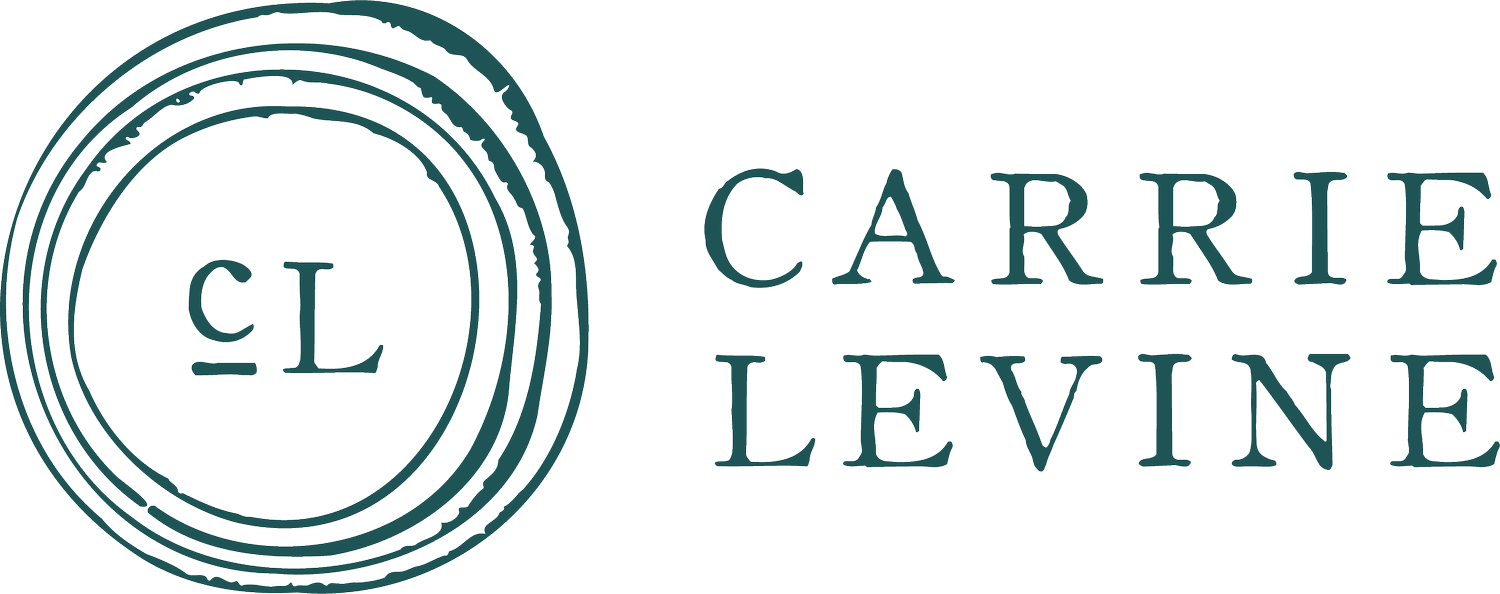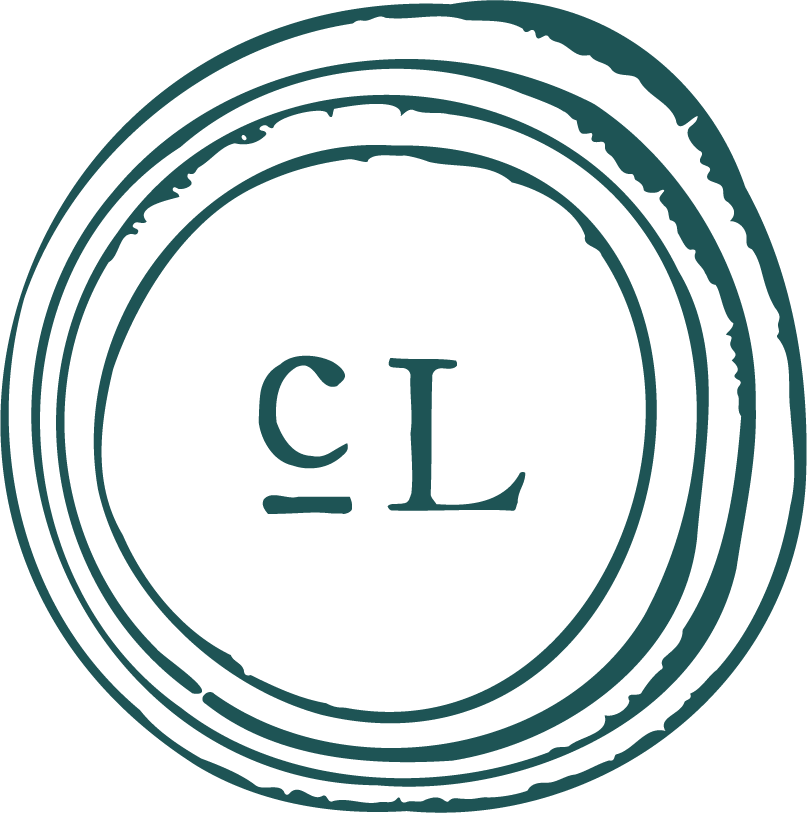Cleaning Up After A Storm
I saw a 49-year-old woman in the clinic last week who works as a data analyst, has a primary-school-aged child and spoke about the depression she experienced during COVID. She spent a lot of time eating and watching TV. Now, she’s tired. By 3 pm, she is struggling to stay awake. She’s unable to walk the dog or tend to her child. It is common for midlife women to report fatigue as one of their primary health concerns, but the fatigue women are describing now has a different quality to it.
It’s stormy out there, folks, and we are tired. The storm may be external - racism, sexism, COVID, politics, climate change, the death of a loved one, or it may be internal - post-acute COVID syndrome, chronic Epstein-Barr virus, chronic Lyme, cancer, trauma, or like me, recovering from a concussion.
What I am consistently hearing in the clinic is how tired people are - from masking or not masking, from being vaccinated or from the way people are being treated for not being vaccinated, from distance from family and friends, from being on the computer so much, from caretaking aging and failing yet inaccessible family members, from working - as a therapist, a teacher, a healthcare professional, or a mom.
For some, cleaning up after the storm requires sweeping the walk. Others may require a complete rebuild.
What I am talking about here is recovery.
After periods of high stress, it is not uncommon to experience fatigue. Our bodies rise to the stress of a situation, pumping out cortisol, epinephrine, and norepinephrine to ensure our survival amidst adversity. When the stress relents and the hormone levels decline, it is common to feel, well, wiped out. It may be hard to fall asleep or to stay asleep, to get off the couch, to have enthusiasm for the things we used to, or to have the motivation to take care of ourselves.
The physiologic effects of ‘wiped out’ may manifest as fatigue, weight loss resistance or weight gain, memory issues, impaired cognitive function, hormone imbalance, or digestive problems.
How do we recover?
I am partial to simplicity and I find beginning the recovery process as simple as possible sets people up for the greatest success. What’s simple to me is the things that we have (varying degrees of) control over. We have varying degrees of control over our lifestyle and our lifestyle is the foundation of our health. We want to mop up whatever messes in our lifestyle we can. By lifestyle, I mean nutrition, exercise, relationships, stress management coping skills. These foundations have to be solid for our physiology to function optimally. For example, try drinking one cup of coffee a day instead of four, try to take two 10-minute walks a week, make time for a meaningful conversation with a human you care about or try implementing five minutes a day of stillness. Sweeping the walk, or tweaking lifestyle may be enough for some to recover their wellness. For those needing a rebuild, tweaking won’t be enough.
In terms of nutrition, eat mostly vegetables, some protein, animal or plant, and complex carbohydrates. Eat nuts, seeds, beans, and good healthy fats like avocado, coconut, and olive. Individuals may require more specific guidelines, but for the purpose of this blog, I’m talking in generalities.
Move your body, preferably outside. Respect whatever limitations you have, remember they are likely to change as you recover, but do what you can - chair aerobics, yin yoga, or a recumbent bike. Walk in the woods, by the sea, along a river.
Weed through your relationships and cultivate healthy ones. This may entail work with a counselor to identify boundaries, how to maintain them, and how to be independent with family, friends, and colleagues. Make time for people who are honest, real, and present.
Stress has its own profound and deeply disruptive physiologic effect. None of us, and I mean none - regardless of race, gender, or class are exempt from experiencing the physiologic effects of stress. It’s helpful to cultivate tools that counter stress - exercise, time outdoors, breathwork, prayer, meditation, writing, art, music, or laughter to name a few. Using these tools on a daily basis is essential for optimal wellness. Trauma takes its own place in our bodies and can be a covert block to recovery. Healing is possible and often expedited when trauma is addressed by working with a skilled practitioner.
Work with a functional medicine practitioner or otherwise and correct micronutrient deficiencies, digestive problems, and hormone imbalances. Tend to the mechanics of your body, your muscles and bones, if need be, through work with an osteopath, chiropractor, or the like.
Remember that sometimes the ‘fall apart’ comes later, after the eye of the storm has passed. A world of symptoms - emotional, physical, and spiritual - can surface after the adrenaline clears our system. Rest (you can’t get rest in a pill). Be gentle with yourself and others. Be patient. Correcting physiology takes time, often significantly longer than we’d like. We are biochemically unique and recovery happens differently for each of us.

